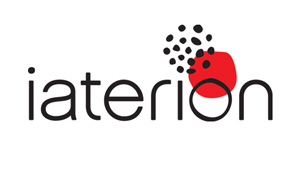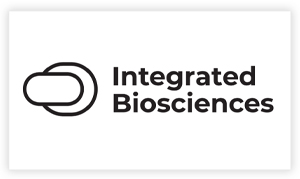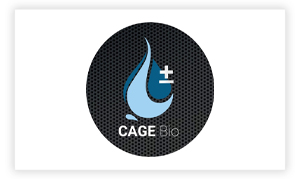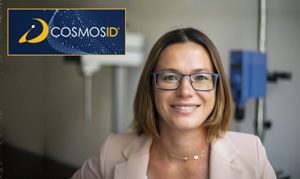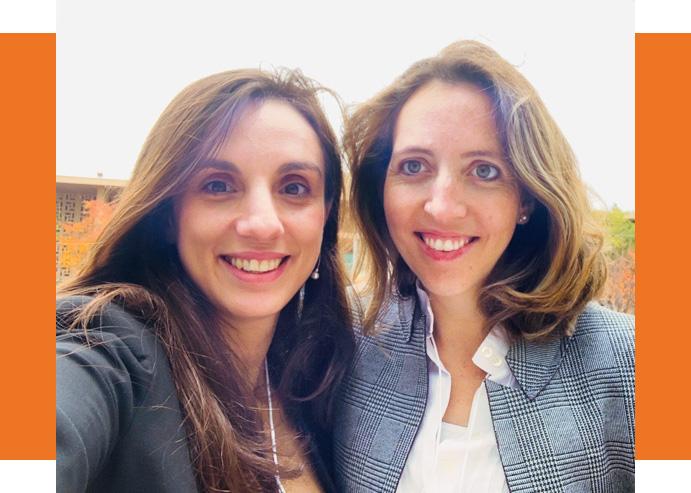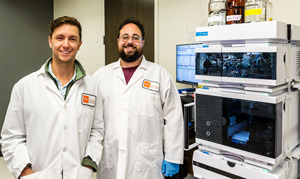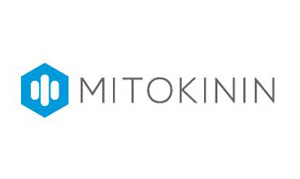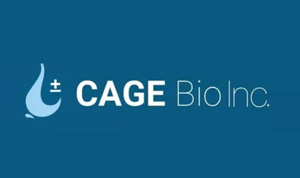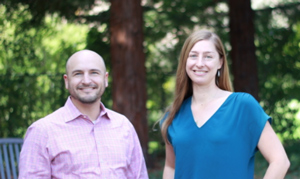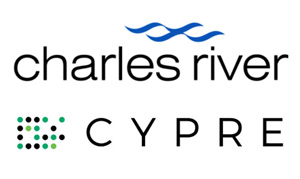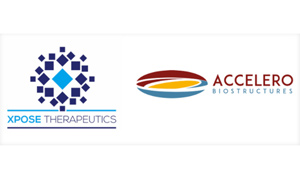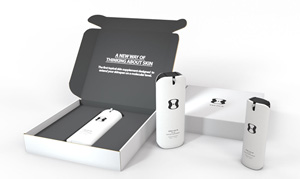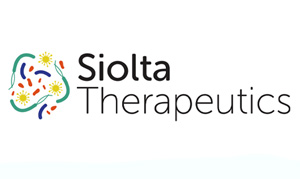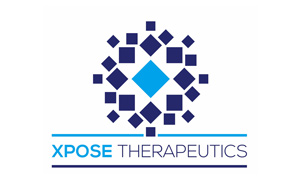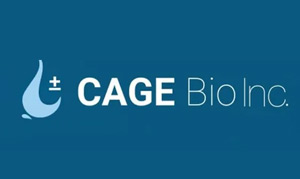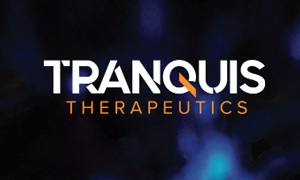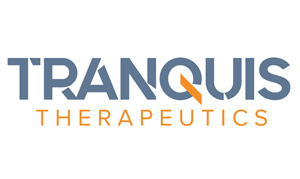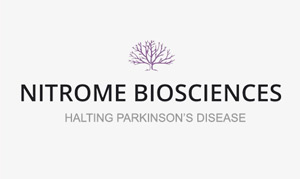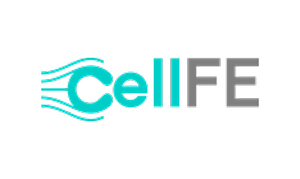to Develop Improved Screening and Early Diagnosis Tests for Type 1 Diabetes
Enable Biosciences, a UC Berkeley and Stanford-StartX diagnostics company at MBC BioLabs, and Stanford’s Division of Pediatric Endocrinology and Diabetes announce a two-year initiative to support the development of a revolutionary new technology for earlier, easier and more accurate screening tests for type 1 diabetes in children. The $700,000 initiative is funded by a competitive award conferred by JDRF to Stanford as a part of its Prevention research portfolio. “Enable’s Antibody Detection by Agglutination PCR technology has the potential to solve many of the core problems that face T1D diagnostics. We are pleased to partner with visionary institutions such as JDRF and Stanford to develop predictive and preventative technologies for children and families affected by T1D.” said Peter Robinson, CSO, Enable Biosciences.
The JDRF award will fund efforts to validate the ADAP-powered diabetes test with new samples collected from Stanford hospital, including development and optimization of a saliva-based test for type 1 diabetes. Studies will then compare performance across blood, serum and saliva and develop key standards to optimize collection and storage of samples for general pediatric population screening. “JDRF is excited about the potential of the Enable technology to detect autoantibodies in a small amount of saliva or blood,” said Jessica Dunne, JDRF Director, Research. “Prevention is a vital part of JDRF’s mission to cure, prevent and treat type 1 diabetes, and an assay like this could remove obstacles and serve as a critical step toward being able to screen all kids for risk of T1D.”


